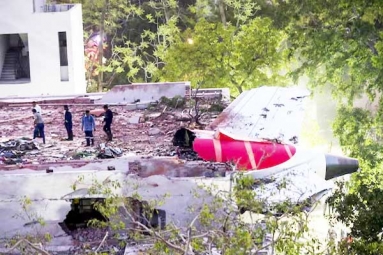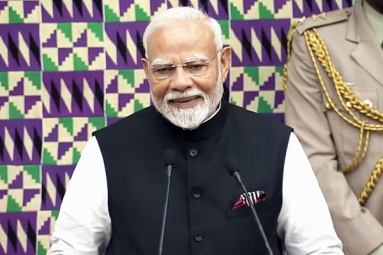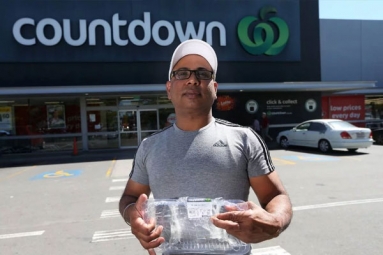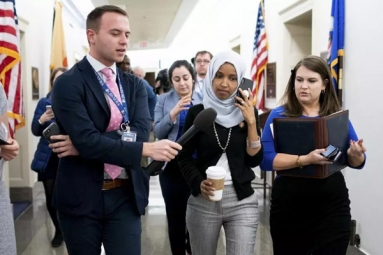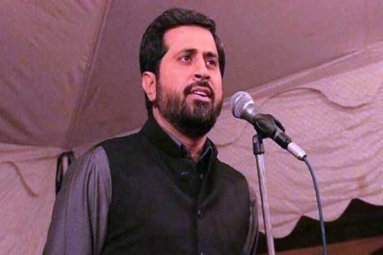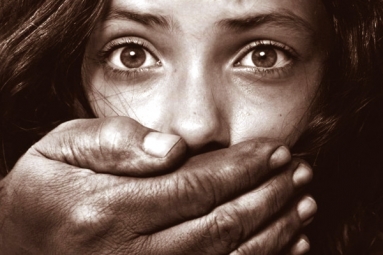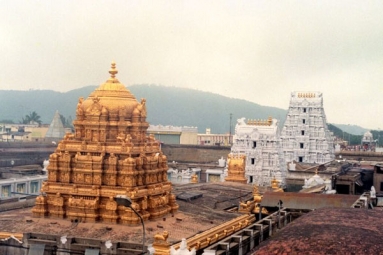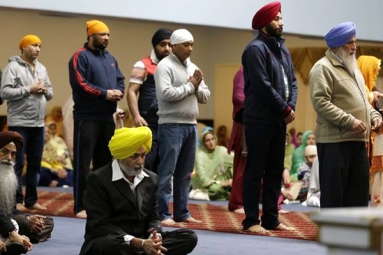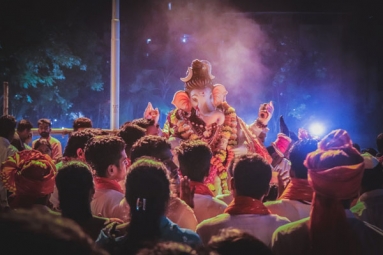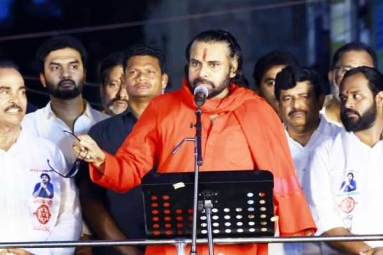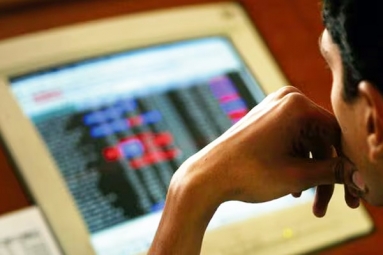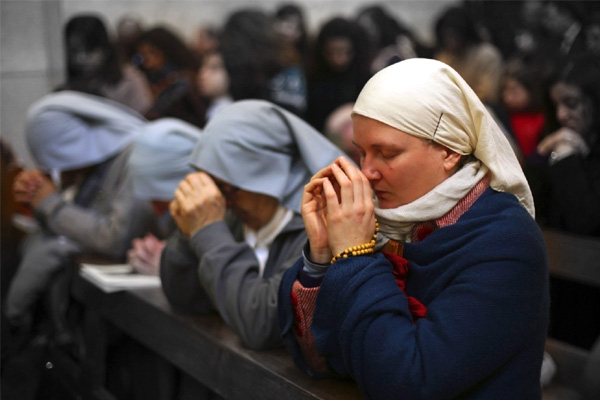
(Image source from: Shortage of nuns)
Shrinking family sizes and expanding career opportunities for women are posing a problem for the Churches in Kerala, the state that sends the highest number of candidates to become nuns. Fewer women are now taking vows to renounce worldly pursuits and devote themselves to religious life. The Church sees a drop in the number of people with intense desire to do service, not just in God's own country, but globally. Church has to shutdown institutions such as hospitals, schools and charity organisations that are managed by priests and nuns. Greater empowerment opportunities and the fact that churches are still male bastions are also making women look away from the cloistered life of convents. Spokesmen for the Catholic Church have in the past said that they may have to consider the possibility of closing down some convents if the candidates to become nuns continue to fall. In Kerala, "there is a 70-75% drop in the number of women who were joining convents to be nuns," says Sebastian Adayanthrath, the Syro-Malabar Catholic Church's auxiliary bishop for Ernakulum-Angamaly.
In India, there is no clear data on the total number of nuns. While some estimate the number at 30,000, Fr Paul Thelekkat, spokesman of the Syro Malabar Church, says it is "not even a guesstimate". This trend coincides with a slowdown in the growth of Christian population in India. Bishop Adayanthrath says while there are several reasons for the falling number of nuns globally, in general, there are fewer people today who want to do service.
Women from Kerala now travel across the globe to work in healthcare, IT and other industries. "Today's woman is aware of her needs, knows the job opportunities around her," says writer and social activist Sarah Joseph. "She has increasingly come to respect herself or her identity and believes in taking her own decision." And, the declining trend in women taking up monastic life is a global phenomenon, she says.
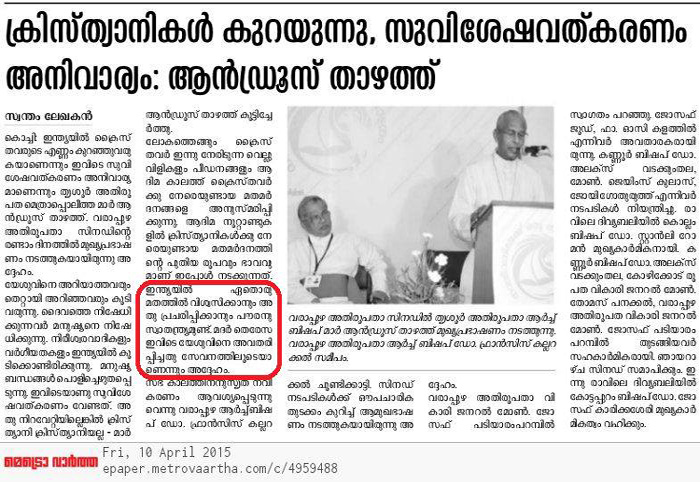
Sarah Joseph, the writer, sees a lack of democracy and male dominance in churches as key reasons for many women to avoid convent life. Sister Jesme, who walked out of the convent where she lived 33 years as a nun, has a similar view about convent life: "There is no democracy there, only hierarchy." The rising atrocities towards nuns in the convents are also a reason for the women not opting to become a nun.
Thrissur Arch Bishop Andrews Thazhath said that Christian population is decreasing and there is an urgent need of evangelism. He also said that in India legally everybody has the right to believe in any religion and also to preach his religion. He also quoted that Mother Theressa presented Jesus through services and hence service is an integral part of evangelism. The evangelists usually lure the people with false promises or by threat and convert them to Christianity. Exploiting the weaknesses and poverty of the people to convert them shows the draining down of the evangelism.
While the Bishops are talking about evangelism and conversion, no media is discussing, but when Hindu community talks about Ghar Wapasi or reconversion, there is a hue and cry by the so called pseudo secularists and the media. The media has to stop these biased views and bring out the truth and facts before the viewers.
By Premji








